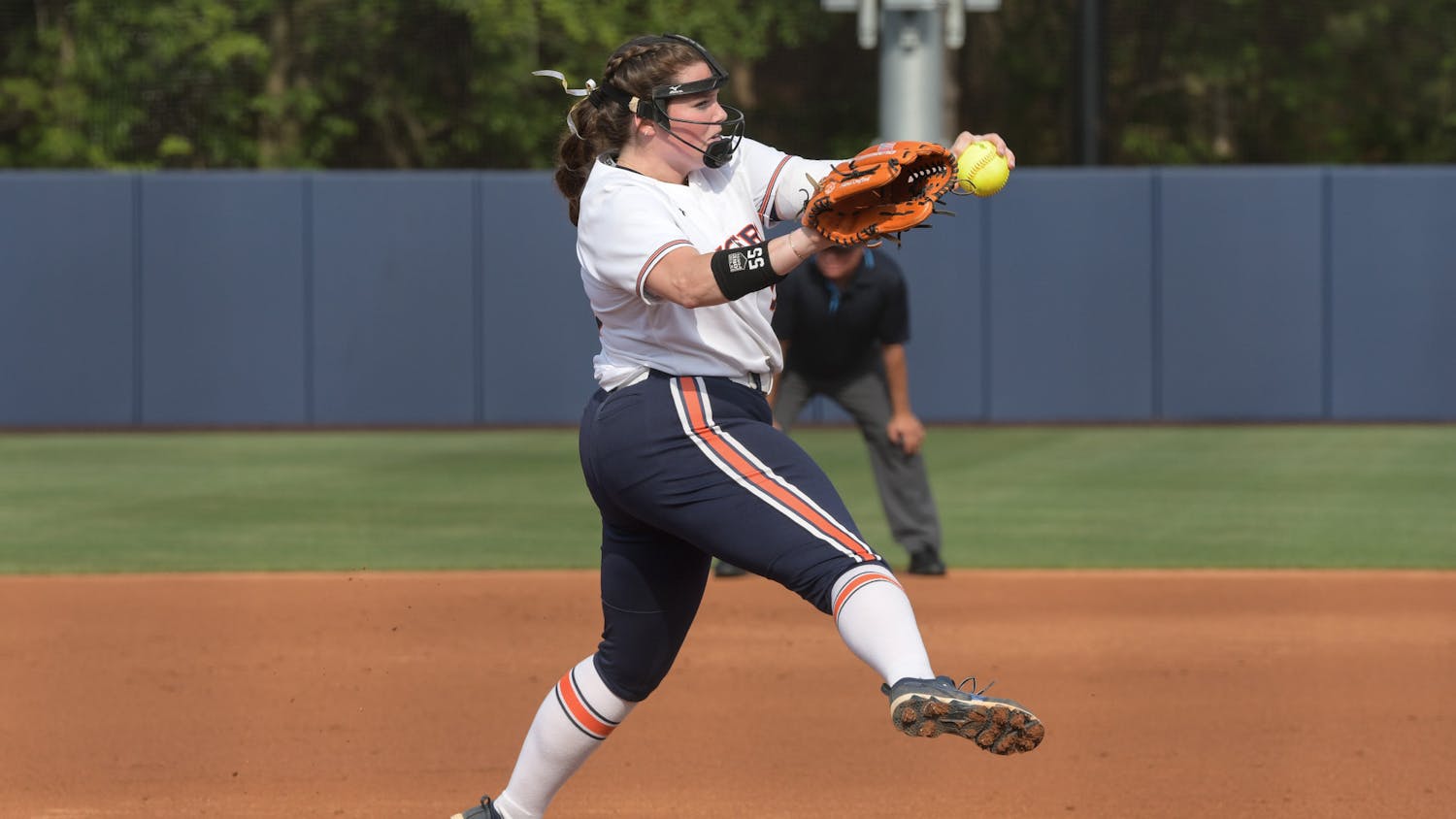Growers and consumers alike can be excited for the successful map sequencing of the peanut’s genetic code, a five-year project conducted by The Peanut Genome Consortium — an international team of scientists that includes Auburn professor Charles Chen.
The breakthrough marked the completion of an intensive five-year project with members across the globe, but Chen said it only marks the first step in their ultimate objective.
“The question is, what’s the potential there?” Chen said. “We’re looking for the gene functions, how we can utilize that gene and genetically improve the plant. We want to see the peanut’s yield potential and enhance it so the yield goes up.”
Chen said the current breakthrough gives researchers like himself the basic resources to continue their work and hopefully breed new varieties of peanuts with greater yields, lower costs, higher resistance to disease, better flavor
“We want a low input with a higher outcome, which will increase the overall income for the farmer and the industry,” Chen said.
Chen also said a gap exists in the peanut evolutionary process that researchers desperately want to fill.
“If you know the sequencing, then we can compare to the wild species,” Chen said. “We already understand the evolution there, but there’s still a gap, and we want to fill that gap, tell the whole story from beginning to end while also looking toward the future.”
In terms of international peanut production, the United States ranks third behind China and India. However, in terms of technology and research, the United States leads the study with Alabama ranking as the second highest producing peanut state in the country.
“Auburn University is the only peanut breeding, genetics
Genome sequences exist currently for soybean and corn, the United States’ highest yielding commodities.
“They have more resources,” Chen said. “The peanut is ranked 12th, so we have
In order to further expedite genome sequencing, Chen said scientists and researchers require necessary background information that will come directly from the five-year project just completed.
“Currently, I have a Ph.D. student working hard to find the RNA sequencing and discover its resistance to droughts," Chen said. “Work like this is only possible by building on what we know and developing more resources.”
Chen said the accomplished genome sequencing and new resources will bring more interns, researchers
“Their work will have a higher impact in terms of the industry,” Chen said. “They will have similar resources compared to soybean and corn as well. Now we can compete with the other universities and commodities.”
According to Chen, not many recognize the importance of the peanut, especially in the United States.
“Everyone here likes M&M’s, peanuts and peanut butter,” Chen said. “If you have any international experience, you’ll find that it’s not easy to find it. Peanut butter is a major staple in America. Also, we eat a lot of it.”
From nutrition and economic standpoints, peanut butter ranks high, especially to maintain the nutrition for low-income and middle-income families. Furthermore, in natural disaster relief, the peanut industry also serves a
“Every time you see a disaster, the peanut industry actually donates a lot of peanut butter,” Chen said. “Like a couple years ago in Haiti, we donated tons.”
The research conducted by The Peanut Genome Consortium hopes to further expose the peanut’s benefits while simultaneously enhancing it for higher yield and greater opportunities.
Chen said while their research involves a lot of science, it also involves knowing the impact of their research and where it comes from.
“We’re the College of Agriculture. We support all agriculture. We’re always keeping the knowledge and gaining more knowledge to keep the agriculture sustainable,” Chen said. “That’s a message I like to deliver to the students, the young generation—this area has a bright future.”
p.p1 {margin: 0.0px 0.0px 0.0px 0.0px; text-align: justify; text-indent: 9.0px; line-height: 11.0px; font: 9.5px 'Crimson Text'} span.s1 {font-kerning: none}Do you like this story? The Plainsman doesn't accept money from tuition or student fees, and we don't charge a subscription fee. But you can donate to support The Plainsman.



